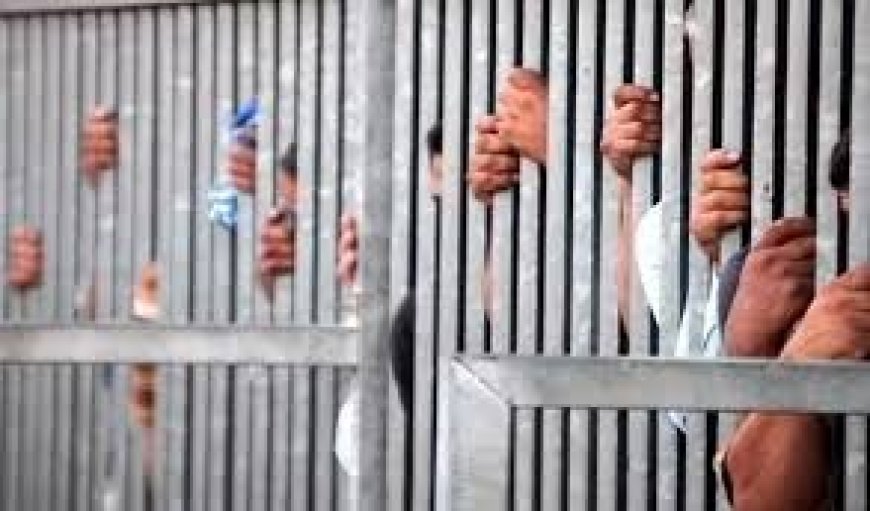Punjab Jails to Let Long-Term Prisoners Stay With Families in Jail
Punjab has approved a new jail reform allowing prisoners to live with their wives and young children in family rooms for up to 3 days. The policy aims to humanize the prison system and support rehabilitation.

In a major step towards humanizing the prison system, the Punjab government has introduced a new reform that allows long-term prisoners to stay with their families inside jails. The decision, approved under the leadership of Chief Minister Maryam Nawaz, gives eligible inmates the right to spend time with their wives and children under six years old in special family rooms set up within prison facilities.
This new policy will allow prisoners sentenced to more than five years to meet and stay with their families for up to three days, three times a year. The initiative is being praised as a progressive step toward supporting emotional well-being, strengthening family ties, and promoting prisoner rehabilitation.
To apply for this facility, inmates or their families must submit a formal request to the prison superintendent. Once reviewed and approved by the Deputy Commissioner, the inmate will be allowed to receive their family in the designated area within the jail. The Punjab Home Department has issued clear guidelines to ensure that the process remains secure, well-documented, and organized. All visits will be monitored, and families will be provided three meals per day during their stay.
Not every prisoner is eligible. Only convicted inmates serving more than five years can apply. Those under trial or involved in serious misconduct will not qualify. Additionally, the family must be pre-approved through proper background checks to maintain the security of the prison environment.
The aim of this reform is not only to ease the emotional suffering of prisoners and their loved ones but also to offer a path toward reformation. Research has shown that strong family relationships can reduce the chances of repeat offenses and help prisoners reintegrate into society after their release. By allowing limited family interaction in a structured environment, Punjab is taking a step closer to modern correctional practices.
This isn’t the first step the Punjab government has taken to improve prison conditions. Earlier reforms included setting up daycare centers for children of female prisoners, assigning mental health professionals to jails, and starting vocational training programs inside prisons to help inmates develop skills that can support them after their sentences.
In addition to emotional support, the new family stay policy is expected to reduce mental health issues caused by long-term isolation. It is well known that many inmates suffer from depression and anxiety due to separation from their families. A few days of emotional bonding with loved ones could play a vital role in their recovery and behavior improvement.
Critics, however, have raised concerns about fair access and transparency. Some fear the policy may be misused if not properly monitored. The government has responded by saying that strict rules will be followed, and any misuse will result in immediate cancellation of privileges.
Administrators across Punjab’s jails have been ordered to prepare for the rollout of the new facility. Jail staff will be trained to handle applications, provide logistics support, and ensure the family visits run smoothly and safely. Prisons that are overcrowded may face space challenges, but the government is committed to adjusting facilities where needed.
This new reform sends a strong message: rehabilitation and dignity are now being prioritized alongside security and punishment. The Punjab model may even inspire other provinces in Pakistan to introduce similar family-based reforms in the future.
For many prisoners and their families, this small window of connection could make a big difference. After years of silence, a few days together could rebuild hope, trust, and the sense of belonging that is often lost behind bars.
For more updates on social reforms and public policies in Pakistan, visit Nationbytes.pk.

 Israr Ahmed
Israr Ahmed